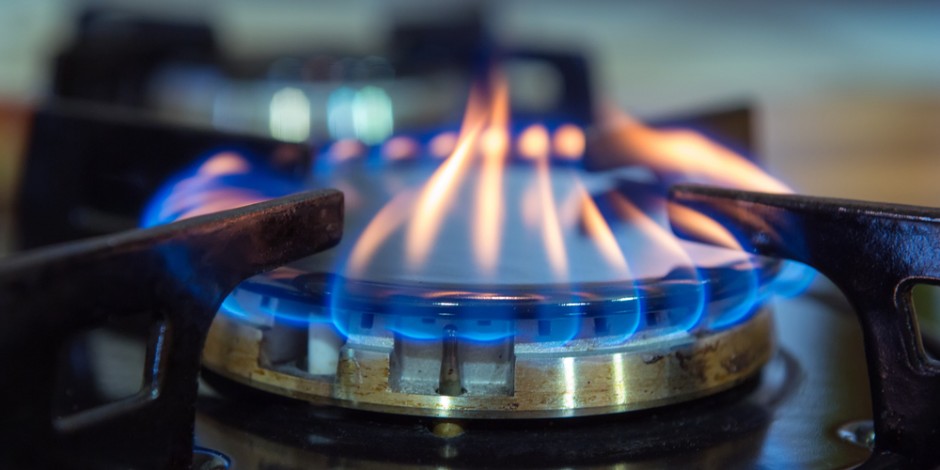“No More Gas? What the Frack!?”: What Do Natural Gas Bans Mean for Me?

The municipal natural gas ban movement is sweeping California!
Last summer, Berkeley became the first city to pass the ban, unanimously voting to not allow natural gas pipes to be installed in new buildings.
A number of cities followed, including San Jose, Mountain View, Santa Rosa, and Brisbane. The move away from fossil fuels is even spreading outside of the state, like in Brookline, Massachusetts, and some cities are even considering banning natural gas heating altogether, like Bellingham, Washington.
Could your town or city be next for a natural gas ban in California? What should you do to reduce your natural gas usage and prepare for the possibility that your neighbors in Elk Grove, Rocklin, or Sacramento could all soon be scrambling to find an energy alternative for their homes? As usual, Brower is on the case!
What Does the Future of Natural Gas Look Like?
As reliant as many homeowners are on fossil fuels, the evidence is in: natural gas is bad for the environment. Natural gas carbon emissions are contributing to global warming and climate change, and the world’s leading scientists are in agreement that drastic steps need to be taken to reduce natural gas usage.
That’s where the “electrify-my-home” or “electrify everything” movement comes in. Whether they are upgrading their homes because their town or city requires it, or because they want to do their part to reduce carbon emissions, or because they’re looking to take advantage of the many benefits of an all electric home, homeowners are taking action. Should you join them?
What Parts of Your Home Are Worth Electrifying?
Maybe you’re curious about getting your home away from finite fuel-powered equipment. Where are the best places to start? Where are the most savings to be had?
Heat pump water heaters
According to the EPA, a family of four can save as much as $3,750 over the lifespan of a heat pump water heater!
Ductless mini-split heat pump systems
Heat pump technology can be used to both heat and cool your home, and ductless mini-splits can save even more energy by avoiding the need for central ductwork, which is a notorious source of energy loss in the average home—as much as 40% of your HVAC system’s total heating and cooling energy production.
Solar power + solar battery back up
Converting your home to solar power is where you can really kick your energy savings into high gear! Installing solar panels on your roof or property means you can start running any electrical home systems on the free, renewable energy from the sun.
And adding solar battery backup will allow you to avoid expensive peak energy pricing from your utility company, and even keep the lights on and your home comfortable during future planned public safety power shutoffs.
Rebates Could Help You Save Even More!
One of the many advantages of staying ahead of the curve and upgrading your home to reduce your use of fossil fuels like natural gas is that there are a number of rebates and incentives that can significantly reduce your costs.
PG&E’s rebate program includes $300 back on new heat pump hot water heater installation.
And solar installation rebates can dramatically cut down on your upfront installation costs. The federal solar tax credit allows homeowners to deduct as much as 26% of their total installation costs from their federal taxes due, and even roll over any balance an additional year.






